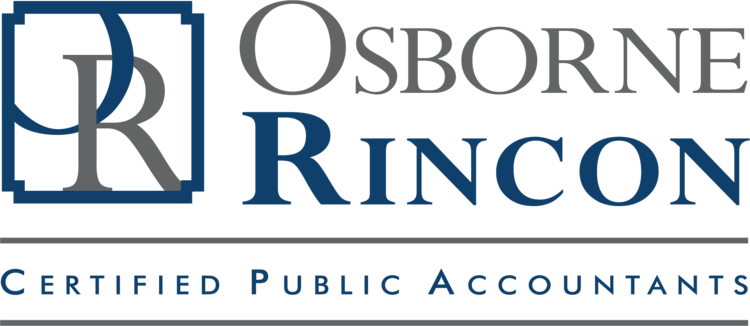By: Michelle Sierra, EA, Accounting Manager
Fraudulent activities, both internal and external, can pose significant threats to small businesses, potentially leading to financial losses, a damaged reputation and legal consequences.
Implementing effective strategies to prevent fraud is crucial for safeguarding your business's assets and maintaining trust with stakeholders. Here are several key strategies to help you avoid internal and external fraud in your small business:
Establish Strong Internal Controls: Implement robust internal control measures, such as segregation of duties, regular audits and approval processes for financial transactions. Clearly define roles and responsibilities to ensure accountability and reduce the risk of fraud by limiting access to sensitive information and resources.
Educate and Train Employees: Educate your employees about fraud risks and the importance of ethical conduct. Provide training on identifying red flags, such as unusual financial activities, unauthorized access to systems and changes in employee behavior. Encourage a culture of transparency and reporting suspicious activities promptly.
Conduct Background Checks: Before hiring employees, conduct thorough background checks, including criminal history and reference checks. Verify credentials and employment history to ensure the integrity of potential hires. Periodically review and update background checks for existing employees, especially those in sensitive roles.
Implement Fraud Detection Technology: Invest in fraud detection technology, such as monitoring software and data analytics tools, to detect unusual patterns or anomalies in financial transactions. Use encryption and secure authentication methods to protect sensitive data from unauthorized access or cyberattacks.
Secure Financial Systems and Information: Implement strong cybersecurity measures to protect your financial systems and sensitive information from external threats. Use firewalls, antivirus software and secure networks to prevent unauthorized access and data breaches. Regularly update software and patches to address vulnerabilities.
Monitor and Review Financial Statements: Regularly monitor and review financial statements, bank accounts, and transactions for discrepancies or irregularities. Conduct reconciliations and audits to ensure accuracy and detect potential fraud. Establish a process for reporting and investigating suspected fraud cases promptly.
Promote Ethical Conduct and Whistleblower Protection: Foster a culture of ethical conduct and integrity within your organization. Encourage open communication and provide channels for employees to report concerns or suspected fraud anonymously. Implement whistleblower protection policies to safeguard employees who report misconduct.
Engage External Auditors and Advisors: Seek external expertise from auditors and advisors to review your internal controls, processes and financial statements. External audits can provide independent verification and insights into areas of improvement or potential fraud risks.
Review Vendor and Supplier Relationships: Conduct due diligence with vendors and suppliers to ensure they are reputable and trustworthy. Verify credentials, contracts and payment terms to mitigate the risk of fraudulent activities, such as overbilling, kickbacks or non-delivery of goods and services.
Stay Informed and Adapt: Stay informed about evolving fraud trends, regulatory requirements and best practices in fraud prevention. Continuously assess and update your fraud prevention strategies to adapt to changing threats and business environments.
By utilizing these strategies and maintaining vigilance, small businesses can significantly reduce the risk of internal and external fraud, protecting their assets, reputation and long-term success. Remember, preventing fraud is a proactive and ongoing effort that requires commitment from all levels of the organization.
Michelle Sierra is an Accounting Manager with Osborne Rincon. She was born and raised in the Coachella Valley. After graduating from California State University San Bernardino in 2013 with a BA in Administration and a concentration in Accounting, Michelle started her accounting career at Osborne Rincon. She received her Enrolled Agent license in 2019.
